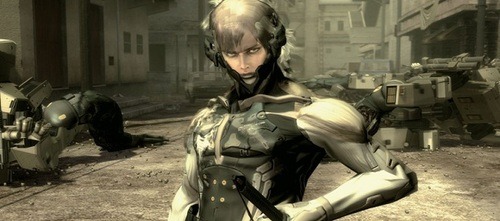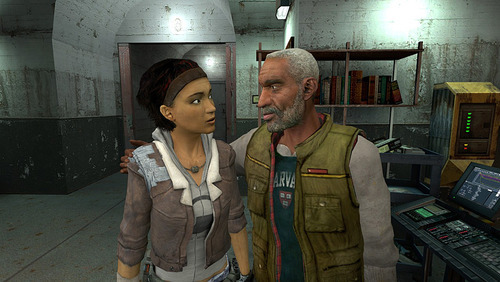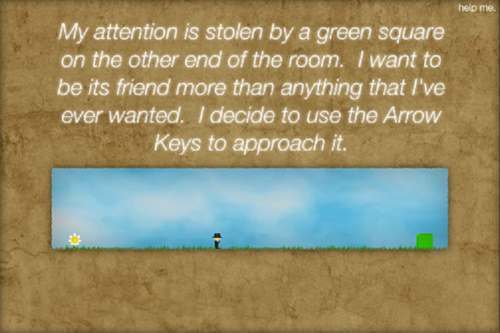What are games BAD at?
Games are not the perfect medium for every situation. There are a host of problems inherent to the art form. Maybe if we isolate them, they'll be easier to tackle.

Games are clearly a very wide-ranging medium. Since games are multimedia, other art forms are allowed to be contained within the context of a game. But there's a reason why not everything is becoming a game. Other mediums pull off different subject matter better. Let's see what we can come up with that games have trouble accomplishing:

- Games are bad at passive entertainment. Sure, cut-scenes are commonplace, but they don't have nearly the amount of power as a movie outside the context of a game. In a movie, you never had control and that's presupposed, but in a game, a cut-scene is a loss of control over the story. Something is subtracted from the game, and negative feelings arise when something you were once part of gets rid of you. There's also the feeling that you need to have the controller in your hand or close by, in case the scene ends and you need to react quickly, or, god forbid, you need to respond to a quick time event. A sense of control, even if it's illusory, makes players feel more comfortable. Half Life 2 did this especially well.

- It's not effective to make complex gameplay for a short game. Complexity adds length. Pertaining to non-gameplay, you can fit a lot of complexity in something short, like a haiku. However, gameplay is an agreement between the player and designer. If the player doesn't get it, the gameplay does not work as intended. Time must be allotted for explanation, even if the explanation is the main game.

- Games can't be made off the top of your head. What's powerful about forms like improv or free-style rap is that the decisions you make are largely unconscious. It allows you to express yourself in ways that were originally unintended, which often makes a rawer, more truthful and playful flow of creation. Games must be planned to some extent. You can add random elements to a game, but the unconscious is not random. It's a sort of partial control that is seldom featured in games. The only time when this can enter a game is during the planning phase, but by the time it's implemented in code, it's almost always been edited. Crazy, brilliant ideas make their way into improv because they're impossible to stop once they're brought up. This is why improv is often a better for brainstorming than sitting in a writer's room. Being forced to use material you're not confident in brings you to epiphanies. This may be the secret problem with innovation in games.
This article is from blog.serenityforge.com
Read more about:
BlogsAbout the Author(s)
You May Also Like







.jpeg?width=700&auto=webp&quality=80&disable=upscale)








